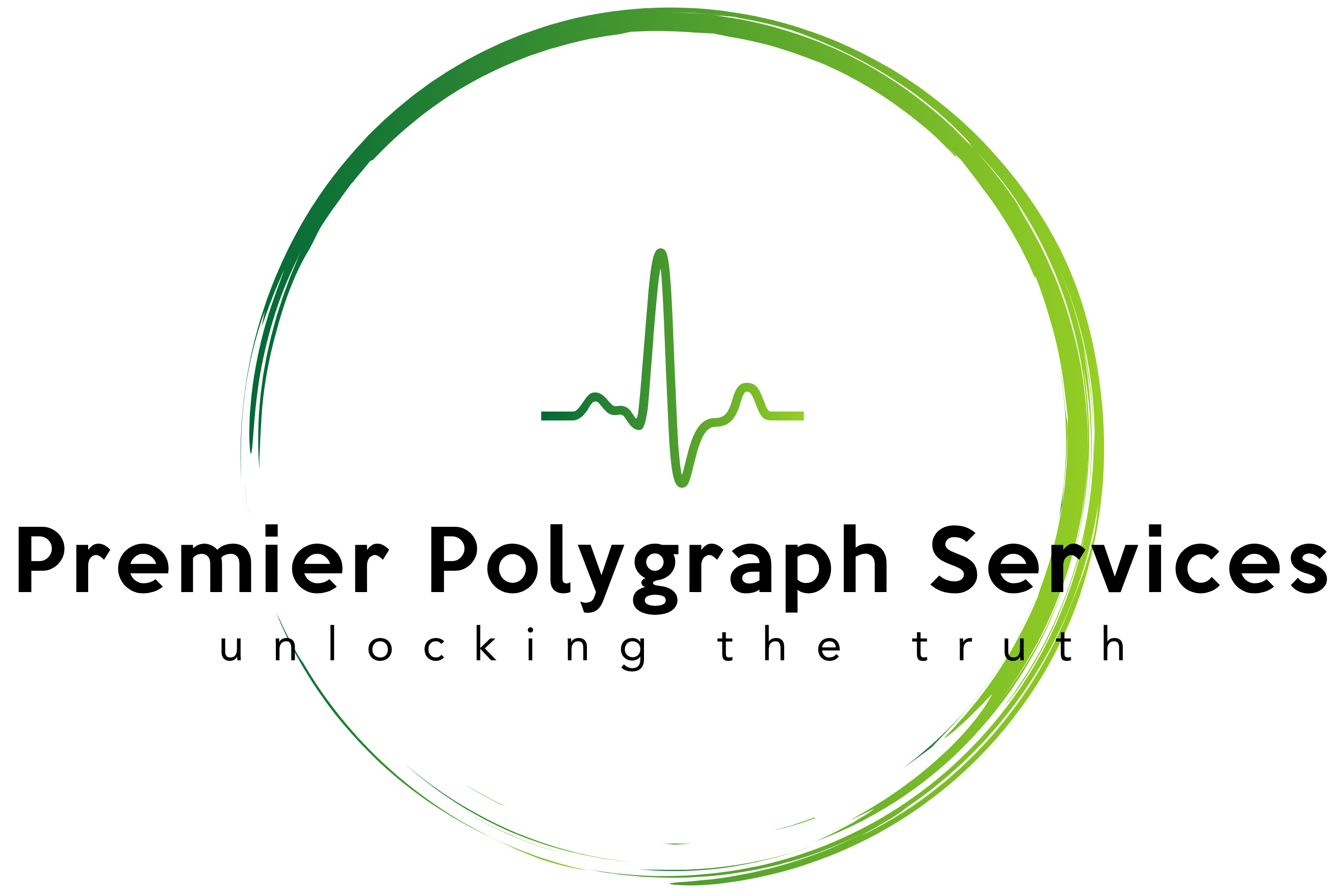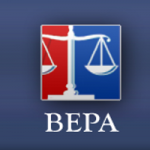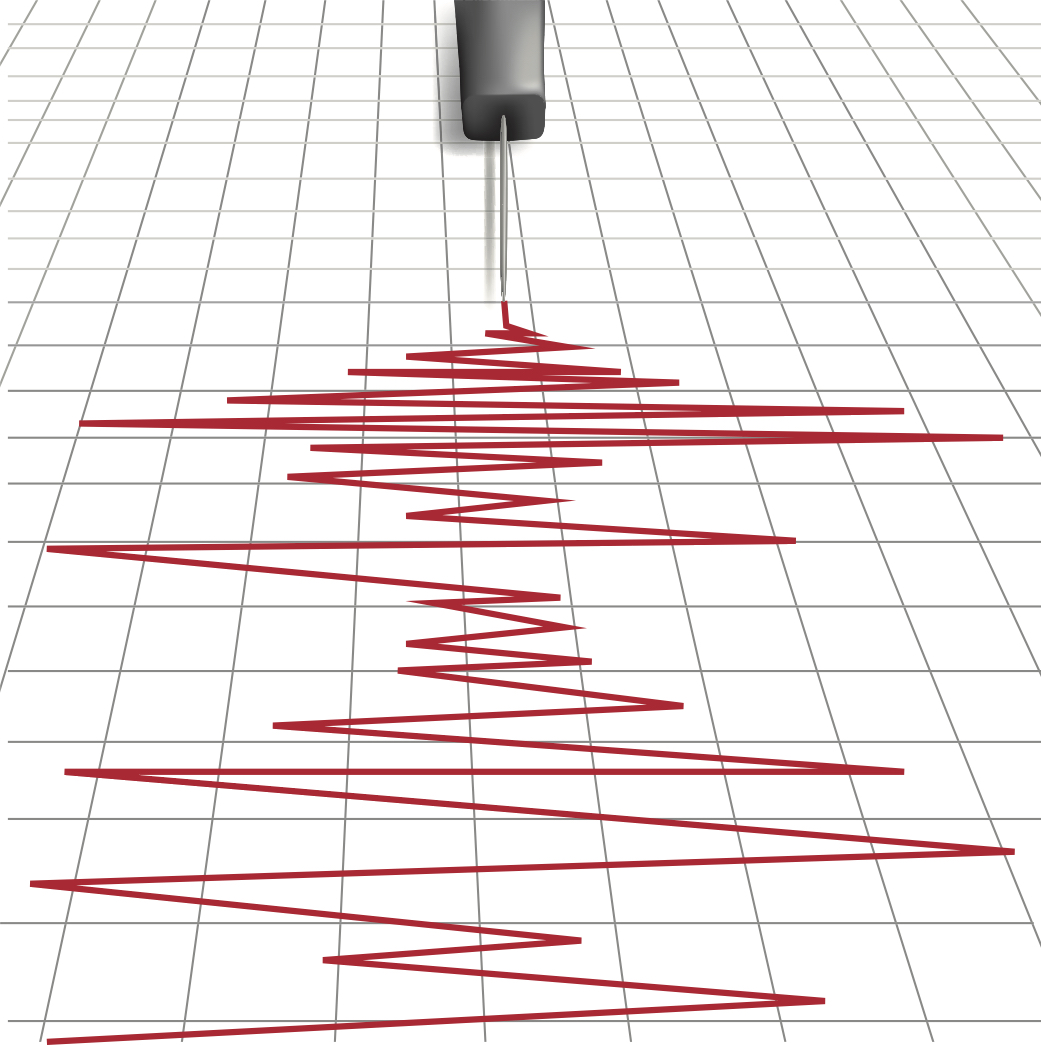Lie Detector FAQs
Yes, as a fully qualified Polygraph / Lie Detector Examiner, trained at the Marston Polygraph Academy in San Bernadino, California, Premier Polygraph Services are Members of the American Polygraph Association, National Polygraph Association, British Polygraph Association and the British & European Polygraph Association.
A polygraph / lie detector test will normally last between 1.5 and 2 hours and is made up of three sections. The pre-test interview, the test itself and the post-test discussion.
The answer does depend on a number of factors that your polygraph examiner will talk through with you. In most cases the accuracy of the lie detector test level will vary from 80%-95%.
When you take a test with us, you will be given your polygraph test results straight after the test. These will be verbal to begin with, with a written report 24 hours later.
In most cases your prescribed medication will not affect the results of a lie detector test? Once your polygraph examiner knows what you are taking, they will be able to give you a more definitive answer.
The short answer is yes, you will be asked not to take any recreational drugs in the 24 hours before a Polygraph / lie detector test.
This is a bit of a long-winded answer. Yes, a polygraph test can be beaten, however you really need to know what you are doing. In truth a lot of people try beat a lie detector test, if you read some of the online material, they make it sound like the simplest thing on earth to do. In reality it just isn’t that easy. The only way someone will beat a test is if they are trained by a qualified polygraph examiner and even then they only have 50% chance of getting it right.
Every person I’ve ever tested has been nervous. During the pre-test interview we will spend quite a bit of time talking about what will happen during the lie detector test and what you can expect to feel. We will also do an “acquaintance test” or practice test to give you a chance to really get comfortable with the process. This “practice test” will give me a chance to gauge how nervous you are and if it is likely to affect the results. Never agree to do a Polygraph test without doing an acquaintance test first.
As much as possible we try stick to three or four questions per polygraph test. It is accurate to say you can ask as many questions as you like, however you will require more than one test if you want to ask more than the standard number. You would therefore be expected to pay more. In 95% of cases 3/4 questions is enough to get to the bottom of most problems.
No and no. Any Polygraph test needs to be made up of a number of different questions. All the questions serve a purpose during the lie detector test and should never be missed out.
No, it takes a great deal of training to be able to ask questions during a polygraph test.
No, during any polygraph test I want to be as fair as possible to the person being tested and allow them to take a test with no distractions. It’s also a standard requirement that no one else is in the room.
No, you and the polygraph examiner will construct and agree all the questions before the lie detector test starts. A qualified polygraph examiner will never ask a trick or surprise question. If this does happen to you, you should stop the test immediately.
This is really important, inconclusive means the person being tested is not guilty of whatever they have been accused of. It simply means we were not able to tell if they telling the truth or not. It’s not the same as a fail.





